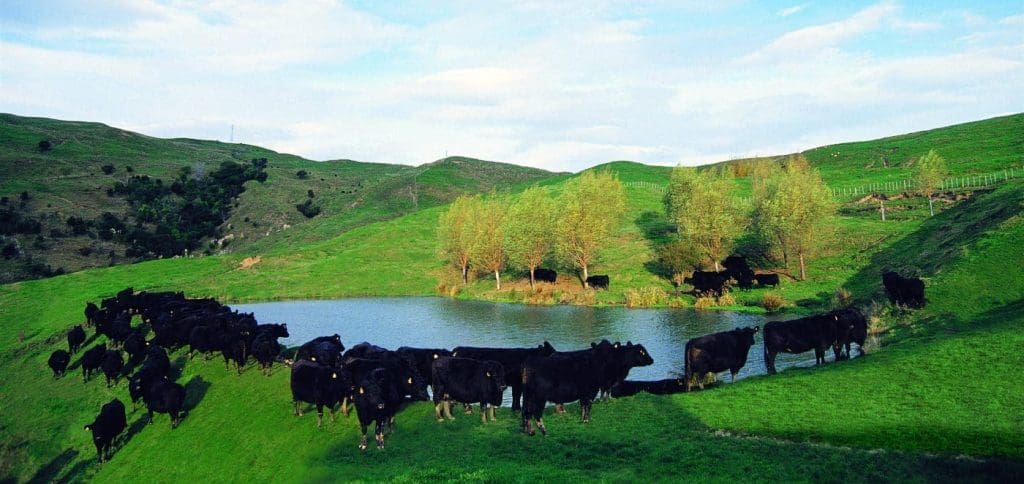
THE New Zealand Government has reversed a controversial plan to tax livestock producers for their nitrogen and methane emissions.
Prime minister Christopher Luxon took to social media this week to announce the Government was going to reverse the tax and establish a working group to come up with a different way of tackling methane emissions.
The tax, which was due to come into place next year, was proposed by the former Jacinda Ardern-led Government. The Ardern Government put in several controversial agricultural policies including banning live exports.
The legislation sent a wave of confusion over the industry, with a group of producers telling Beef Central last year that they were unsure what was needed to comply.
Farming groups protested the legislation and political candidates based their campaigns on opposing them.
Reviewing the plan was an election commitment for the current Nationals Government, which is also looking at bringing back live exports.
Beef + Lamb New Zealand chair Kate Acland welcomed the move away from the legislation called He Waka Eke Noa.
“We have consistently argued that agriculture going into the ETS would be a disastrous outcome. We welcome certainty about this being removed,” Ms Acland said.
“While we are prepared to be part of a new group that discusses how to manage New Zealand’s agricultural emissions, any involvement will be with full transparency and discussion with our farmers. We will not allow this to be a repeat of the He Waka Eke Noa process.
“We are being very clear to the Government that our bottom line is that we do not support a price on agricultural emissions as a way of achieving reductions.”
The NZ agricultural lobby has been pushing for a change in the way methane emissions are measured and asking for Governments to use metrics that reflect the short-lived nature of methane. Similar point has been made by Cattle Australia.
Beef + Lamb NZ has also been saying the impact of pine plantations for carbon sequestration on agricultural productivity should be recognised in emissions legislation.
“Sheep and beef farmers have reduced their absolute emissions by more than 30 percent since 1990 and are offsetting a significant proportion of their remaining emissions through the trees and native vegetation on their farms. Much of this sequestration is still not recognised or rewarded. Recent analysis by AgResearch indicates that our sheep production is already ‘warming neutral’.”

Over the centuries, billions of people have stood on beaches around the world and watched the tides coming in and going out. This report, about a beach called New Zealand, is representative of so many others around the world, where (to the chagrin of the enviro-zealots) millions of people are watching the ‘woke’ tide recede. Not before time!
This reversal does not surprise anyone, and I think the current Australian government should take note. Agriculture is happy to play its part, but adding additional costs that can’t be recouped does not add up.